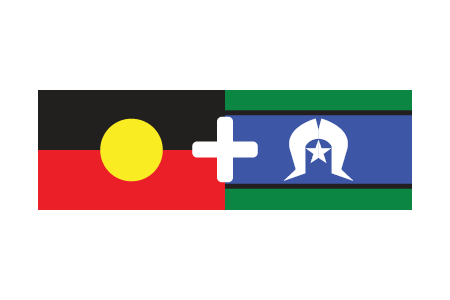Event Details

Zoom Meeting

![]() 16 June 2022
16 June 2022
7:30am - 1:30pm
![]() 16 June 2022
16 June 2022
– 16 June 2022
Zoom Meeting

![]() 16 Jun 2022
16 Jun 2022
7:30am - 1:30pm
![]() 16 June 2022
16 June 2022
– 16 June 2022
Presenters:
Associate Professor Acute Paediatric Nursing - Perth Children's Hospital and Curtin University
Perth Children's Hospital

Fenella Gill is an Associate Professor Acute Paediatrics, School of Nursing, Curtin University and Perth Children’s Hospital where she leads an acute care implementation science research program focusing on optimising early detection of clinical deterioration and family involvement and experience in hospital.
Raine Clinician Research Fellow - Perth Children's Hospital and University of Western Australia
Perth Children's Hospital

Pamela Laird is a Raine Clinician Research Fellow at Perth Children’s Hospital and Wal-yan Respiratory Research Centre at the Telethon Kids Institute, University of Western Australia. Pamela’s research focuses on improving early recognition and management of chronic disease in First Nations children through partnerships with First Nations communities and their health services.
Event Dates
Date: 16 June 2022
Time: 7:30am – 1:30pm
Date: 16 June 2022 – 16 June 2022
Location
Zoom Meeting
Web Conference,
, Australia
First Nations perspectives on recognising and communicating concerns about their child’s clinical deterioration
Aboriginal & Torres Strait Islander Paediatric Care

Zoom Meeting
Web Conference,
, Australia
About
Family escalation of care processes, widely implemented in Australian and New Zealand hospitals, acknowledge families’ roles as key stakeholders in patient safety and contribution to escalation of care. Barriers for families to initiate escalation of care, such as reluctance to override clinicians, fear of negative consequences on family-clinician relationships and feeling unqualified to escalate care may be heightened in vulnerable populations, including First Nations people. We developed and tested an evidence based paediatric ESCALATION System for recognising and responding to paediatric clinical deterioration, inclusive of family involvement. The integrated family involvement component specifically addresses reported barriers to families raising concerns.
To understand if the ESCALATION System, including the family involvement poster, met the unique cultural and language needs of First Nations people, we interviewed five mothers and two grandmothers of First Nation children who were hospitalised at a children’s hospital. Families reported that knowledge of signs clinical deterioration is necessary to raise the alarm for a child’s deteriorating condition. Families told us that a poster can be an effective tool if adapted to ensure cultural relevance. Importantly they told us further work is required to develop a culturally secure environment, improve health literacy and facilitate family and clinician communication to improve identification and response to clinical deterioration.
Press release (Nov 2021) Closing cultural gaps may reduce risk for sick children(link is external)
Our presentation will cover:
- Study key findings
- Expansion of the ESCALATION System state-wide
- Next steps for strengthening First Nation family involvement in regional and remote settings
Key points:
- Systems for recognising and responding to clinical deterioration are complex interventions
- Families are key stakeholders in early recognition of clinical deterioration and raising the alarm in hospital
- Many barriers exist that hinder family involvement, these are heightened in vulnerable populations
- Development of culturally secure solutions must be designed in partnership with First Nations communities and their health services

